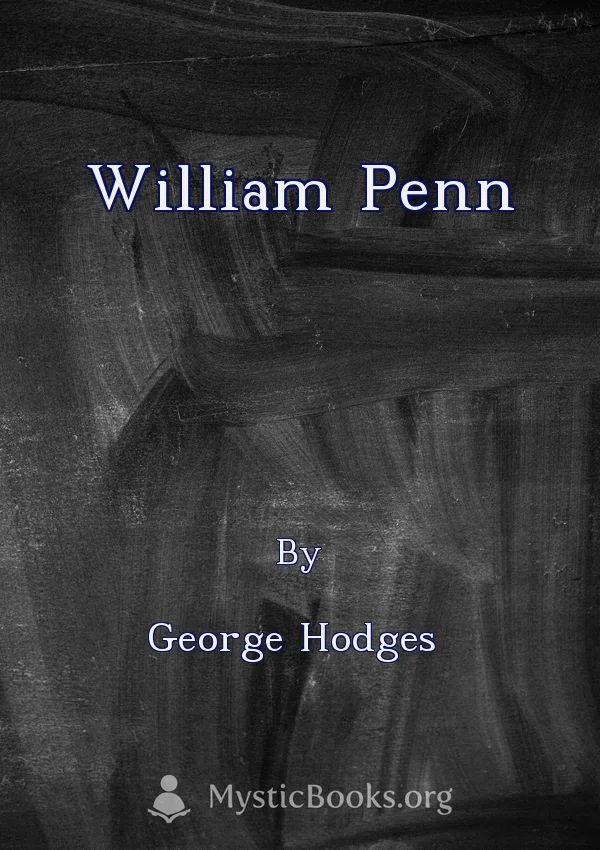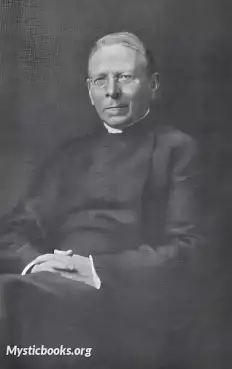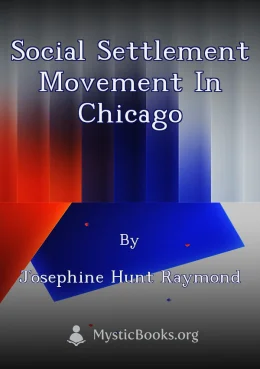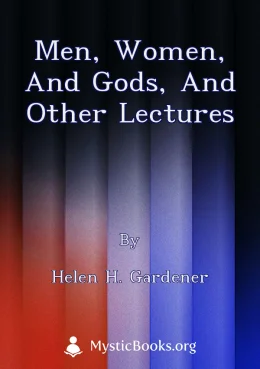
William Penn
'William Penn' Summary
William Penn was born in London in 1644. He was the son of a wealthy merchant and was raised in a Puritan household. However, he converted to Quakerism in his early twenties, which led to a break with his family. Penn became a prominent Quaker preacher and writer, and he traveled extensively to promote his beliefs. In 1681, Penn received a charter from King Charles II to establish a colony in North America. Penn named the colony Pennsylvania, and he envisioned it as a 'Holy Experiment' in religious tolerance and social harmony. Penn governed Pennsylvania for several years, and he implemented many of his Quaker ideals. He established a representative assembly, granted religious freedom to all settlers, and promoted peace with the Native Americans. Penn also played a role in the development of the American colonies. He was a member of the Continental Congress, and he served as a diplomat between the colonies and Great Britain. Penn died in England in 1718, but his legacy continues to this day. Pennsylvania remains a Quaker-influenced state, and Penn's ideas about religious tolerance and peace have had a profound impact on American society.Book Details
Language
EnglishOriginal Language
Published In
Authors

George Hodges
United States
George Hodges was an American Episcopal theologian, born at Rome, New York, and educated at Hamilton College. He served at Calvary Church, Pittsburgh, Pennsylvania, from 1881 to 1894. In 1893 he helpe...
Books by George HodgesDownload eBooks
Listen/Download Audiobook
- Select Speed
Related books

Life of Harriet Beecher Stowe, Compiled from her Letters and Journals by Charles Edward Stowe
This book offers a deeply personal portrait of Harriet Beecher Stowe, the author of 'Uncle Tom's Cabin,' through her own letters and journals. It prov...

October by Florence Earle Coates
''October'' is a collection of poems by Florence Earle Coates, a renowned American poet who served as the Poet Laureate of Pennsylvania. The poems exp...

Autobiography of St. Ignatius by St. Ignatius Loyola
The Autobiography of St. Ignatius Loyola, dictated to Father Gonzalez, offers a deeply personal account of the life of the founder of the Jesuit order...

Inner Life by John Greenleaf Whittier
John Greenleaf Whittier's "Inner Life" offers a collection of poems reflecting his deep commitment to social justice, particularly the abolition of sl...

Frauen und ihr Beruf by Luise Büchner
Frauen und ihr Beruf is a seminal work of German feminism, first published in 1855. Written by Luise Büchner, a prominent novelist, essayist, and wome...

Social Settlement Movement in Chicago by Josephine Hunt Raymond
This book provides a detailed account of the social settlement movement in Chicago during the late 19th and early 20th centuries. It explores the aims...

Saint Benedict by Frances Alice Forbes
Saint Benedict of Nursia (c. 480 – 543 or 547) was a Christian monk who lived in Italy. He is the founder of the Benedictine Order, a monastic order t...

Men, Women, and Gods, and Other Lectures by Helen H. Gardener
Helen H. Gardener's 'Men, Women, and Gods, and Other Lectures' is a collection of speeches delivered by the prominent feminist and freethought activis...

Some Eminent Women of our Times by Millicent Garrett Fawcett
Published in the late 19th century, "Some Eminent Women of our Times" by Millicent Garrett Fawcett offers a collection of biographical sketches on not...

Charles James Fox by Henry Offley Wakeman
This biography explores the life and career of Charles James Fox, a prominent British Whig politician. It delves into his role in the American Revolut...
Reviews for William Penn
No reviews posted or approved, yet...